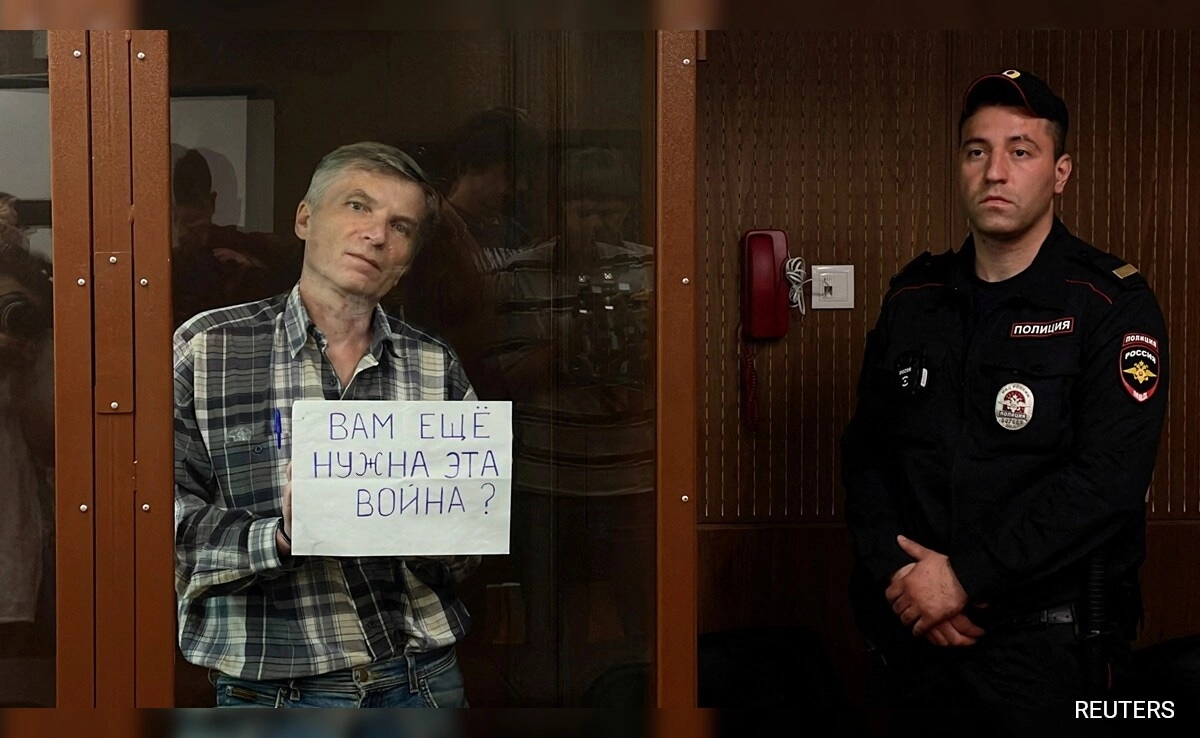Israeli Prime Minister Benjamin Netanyahu has firmly rejected the recent calls from Western nations for the recognition of a Palestinian state. This stance comes amidst escalating tensions in the region and ongoing debates about the future of Israeli-Palestinian relations. Netanyahu’s administration has long maintained that recognition of a Palestinian state without direct negotiations undermines Israel’s security and compromises the possibility of a viable two-state solution. He argues that unilateral actions by Western countries could embolden Palestinian leadership and diminish the prospects for meaningful dialogue between the two parties.
The Prime Minister’s rejection aligns with a broader skepticism within Israel regarding the Palestinian Authority’s intentions and capabilities. Netanyahu emphasizes that any legitimate statehood for Palestinians must be contingent upon their acceptance of Israel as a sovereign nation and their commitment to peace. He has repeatedly voiced concerns about the potential for a Palestinian state to become a haven for terrorism, further complicating the delicate balance of security in a region that has historically faced significant conflict. This perspective has garnered support from various factions within Israel, particularly those who prioritize national security over diplomatic gestures.
In response to Netanyahu’s firm position, some Western leaders have expressed disappointment, arguing that recognition of Palestinian statehood is essential for advancing peace initiatives. They contend that acknowledging Palestinian aspirations for statehood is a crucial step toward resolving longstanding grievances and fostering stability in the region. However, Netanyahu remains unwavering, insisting that true peace can only be achieved through direct negotiations rather than through external pressures or unilateral recognitions. The divide between Israel and Western nations on this issue highlights the complexities of the Israeli-Palestinian conflict and the challenges ahead in finding a sustainable resolution.
As the situation continues to evolve, the international community will be closely monitoring Netanyahu’s policies and their implications for the peace process. The Israeli Prime Minister’s stance reflects a broader ideological battle over the future of the region, where competing narratives and historical grievances complicate the path to reconciliation. Achieving a lasting peace will require not only diplomatic engagement but also a willingness from both sides to confront difficult realities and find common ground in a deeply divided landscape.




